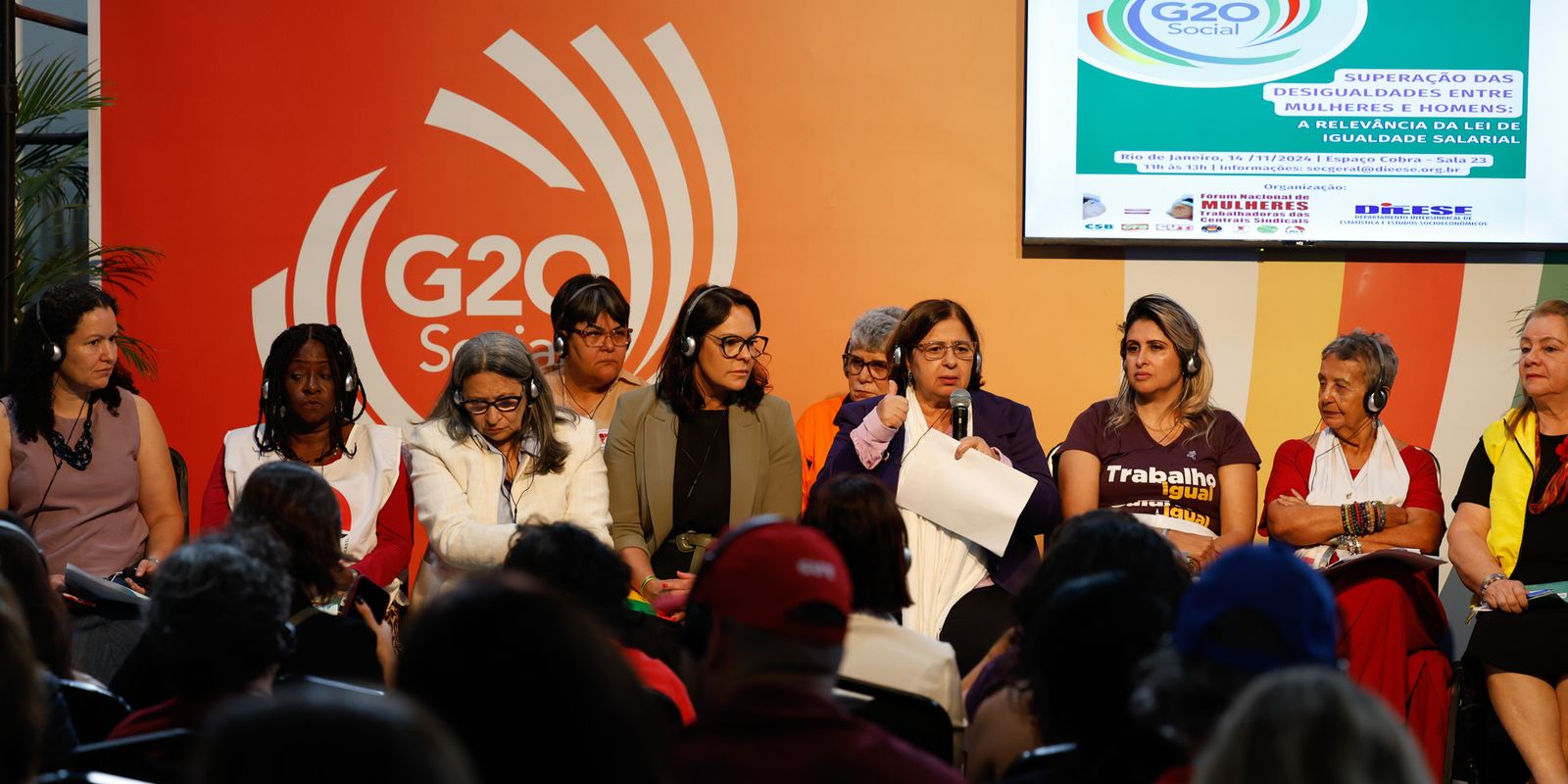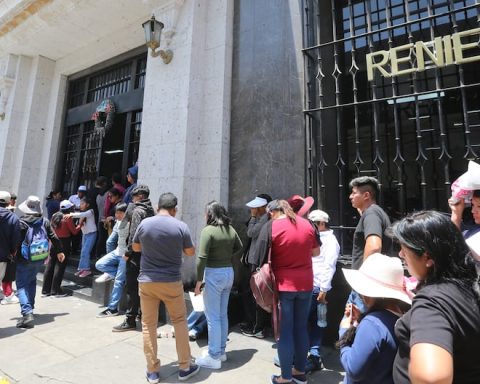The Minister of Women, Cida Gonçalves, defended this Friday (15), in Rio de Janeiro, changes in Brazilian legislation that deals with parity between women and men in politics.
“In the G20, Brazil is still second to last. We have several countries with parity. Mexico has more than 54% [de mulheres ocupando cargos na política] and it is reaching 60%, for example, of senators and deputies. Countries that have parity laws are moving forward. This is missing”, he assessed.
She added that “this is the big issue: we need to have a debate in Brazil. We have a quota law that places 30% quotas on women, both to be candidates in the parties and in financing. But we are only seeing progress when parity is mandatory. It means electing, guaranteeing the election of women, placing women in spaces of power. Therefore, we need to change the legislation here in Brazil.”
Mexican experience
In an interview during the program Social Turnfrom Gov Channelproduced by Brazilian Communication Company (EBC)Cida highlighted that the department, in the company of First Lady Janja da Silva, has promoted a national debate with parties and parliamentarians. The minister said that she heard the experience of Mexican senators “to find out how the process took place for them to get to where they are”.
“We need to change the legislation. What we need, from now on, is not quotas that do not elect women. We really need chairs. We need a guarantee that we can elect women in all municipalities. Regardless of party or anything, it is a woman who will sit in that chair and will be able to defend her municipality and have a voice. This is the first process in Brazil: changing legislation and ensuring parity”, he emphasized.
And he concluded: “The second is, in fact, to invest so that women can be leaders. Women today are unable to speak. Leaders are threatened, they suffer political gender violence, social networks end up attacking these women, whether they are journalists or influencersare community leaders. We also need to confront gender-based political violence to guarantee spaces for women”, concluded the minister.















